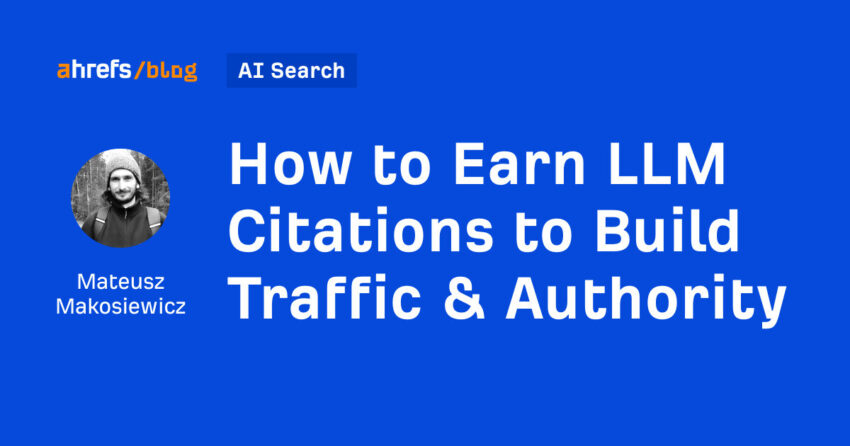TL;DR Summary of How to Get Your Brand Cited by AI Tools Like ChatGPT and Claude
Optimixed’s Overview: Strategies to Boost Your Brand’s Authority Through AI-Driven Citations
Understanding AI Citations and Mentions
AI chatbots like ChatGPT, Claude, Gemini, and Perplexity reference trusted sources to provide answers. There are two main ways your brand appears in AI-generated content:
- Citations: AI attributes information to your site with links, commonly for data, statistics, or how-to guides.
- Mentions: Your brand or product name appears in the AI’s main response, often in product recommendations, but without direct links.
Getting both citations and mentions offers maximum visibility, credibility, and potential traffic.
Why AI Citations Matter Despite Modest Traffic
Although AI referrals currently contribute less than 1% of total traffic compared to Google’s 41%, visitors from AI citations tend to have higher intent and convert better. For example, some companies report conversion rates up to 185% higher than organic search.
Citations also serve as important benchmarks for brand reputation and indicate which AI platforms are engaging your content, helping you identify strategic opportunities.
How AI Finds and Chooses Your Content
- Retrieval-Augmented Generation (RAG): AI performs real-time web searches for fresh, specialized, or data-driven info, producing citations.
- Training Data: Pre-learned info used by AI but typically without direct citations.
AI favors content that is fresh, authoritative (high domain rating), and semantically relevant to user queries.
Key Factors to Optimize for AI Citations
- Freshness: Regularly update pages with recent data and “last updated” dates to align with AI’s preference for current content.
- Domain Authority: Strong backlink profiles correlate with higher citation likelihood.
- Semantic Relevance: Content should directly answer specific queries using clear, structured language.
- Structured Formatting: Use clear headings, short paragraphs, tables, and easy-to-extract stats in plain text.
- Original Research & Data: Survey-based or proprietary insights are highly valued as primary sources.
- EEAT Principles: Demonstrate expertise, experience, authority, and trustworthiness through author credentials, transparent methodology, and reputable backlinks.
Practical Tactics to Gain AI Citations
- Analyze competitor citations using tools like Brand Radar to identify well-cited content types and topics.
- Create content that fills gaps or clarifies confusing AI answers, especially for niche or YMYL topics.
- Publish clear, actionable data and frameworks unique to your expertise.
- Ensure your content ranks well in traditional search results, as AI tools often pull from those rankings.
- Promote your content across relevant platforms and engage authentically in industry conversations to increase visibility and backlinks.
- Regularly monitor AI citations using tools such as Ahrefs Brand Radar or manual checks to track performance and adjust strategy.
Conclusion: Building Long-Term AI Authority
Optimizing for AI citations is a forward-looking strategy to establish your brand as a trusted expert in your niche. Although current AI-driven traffic is modest, the quality of visitors and brand authority benefits are substantial. By focusing on fresh, authoritative, and well-structured content aligned with user intent, you position yourself ahead of competitors for the growing AI search landscape.
